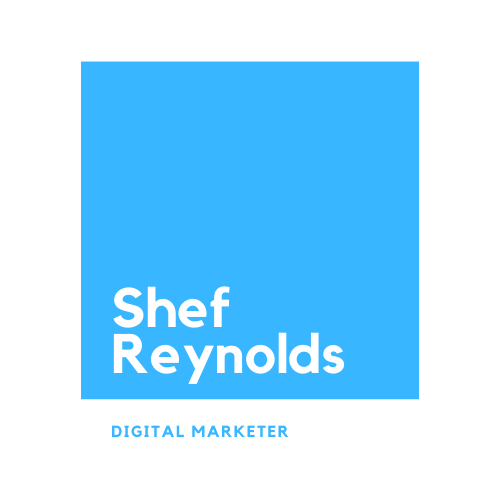Updated
25.01.01
Duration
January
Objective
Consistently eat on an intermittent fasting schedule with 16 hour of fasting and 8 hours of eating. \
Hypothesis
My biggest caloric weakness is evening snacking. Followed closely by finishing of the kids cereal/pancakes/French toast in the morning before school. By introducing a relatively lightweight fasting schedule, with a feeding period between 10:30 and 6:30, I’ll short circuit those two deleterious behaviors.
Experiment Design
Maintain a 16/8 intermittent fasting schedule with a feeding period between 10:30AM and 6:30PM. This time period will allow me to consistently eat dinner with the family even after the latest after school activities. Meanwhile, I’ll avoid the morning and late night snacking that so often sabotages an otherwise healthy day of eating. The only exceptions will be coffee, tea, water, vitamins, and immediately post workout, a protein shake.
Risk
I typically workout at night and become ravenously hungry, which might make this unsustainable. Similarly, if my work or mood drops significantly without breakfast I’ll have to end this experiment, though I expect to be fine.
Results
1.11 Update
The evening workouts are making this experiment quite difficult. I’m typically ravenous after weight lifting, and have ended up snacking most evenings. One aspect of this experiment that has been successful is consistent fasting in the AM until 11 to 12.




